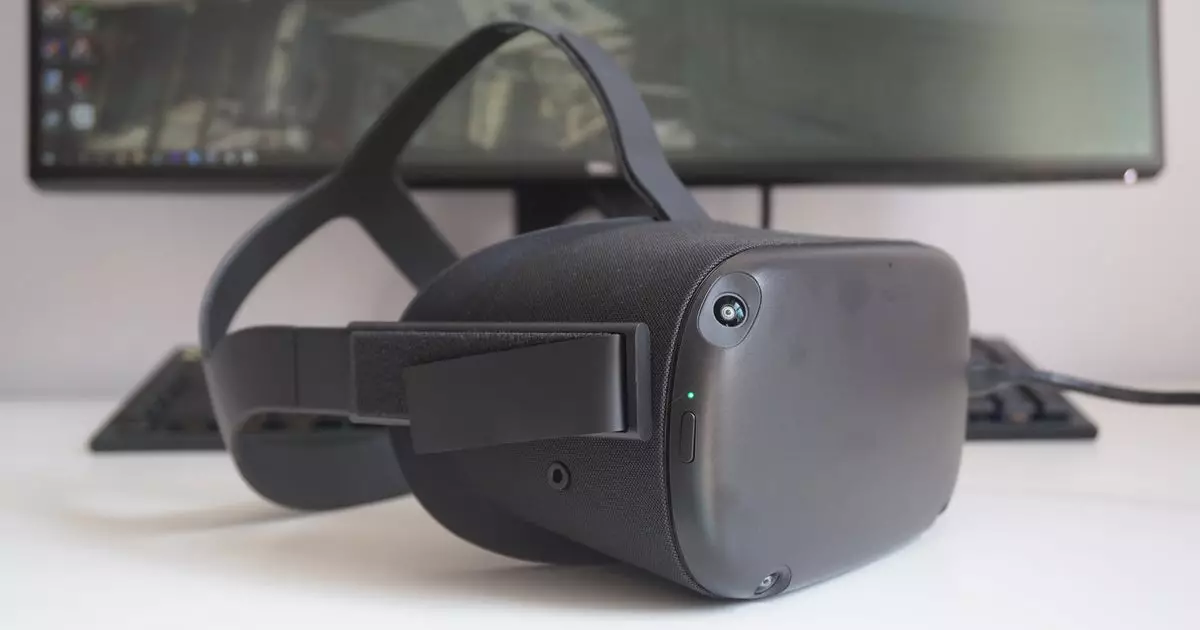The Oculus Quest, released in 2019, is already facing issues with the launch of new apps in the Quest Store. As of May, new apps will not be playable on the Quest 1, not due to a lack of power, but because Meta has opted to phase out support for the device. This move was announced last year, signaling the beginning of the planned obsolescence of the Quest 1.
Meta revealed that as of April 30th, new Quest Store apps will no longer be visible to Quest 1 users, and developers will be unable to upload apps exclusively for the Quest 1. Even builds that support multiple headsets, including the Quest 1, will have their Quest 1 support blocked. While existing apps that currently work on the Quest 1 will continue to do so, the future looks bleak for the device.
The decision to phase out the Quest 1 has been met with disappointment from users and critics alike. Some point out that console generations typically have a longer lifespan, with significant graphical upgrades that justify the transition to a newer device. However, the Quest 1 is merely five years old, and its successor, the Quest 2, was introduced just 18 months after its release.
Questioning Meta’s Motives
Critics argue that Meta’s decision to render the Quest 1 obsolete is a strategic move to push users towards purchasing the newer Quest 2. Unlike traditional console upgrades that promise better graphics and enhanced gameplay, the transition from Quest 1 to Quest 2 seems more forced and less justifiable in terms of tangible benefits for the consumers.
With the Quest 1 facing a gradual decline in support, users are left wondering about the future of VR technology. Many are questioning Meta’s motives and expressing dissatisfaction with the way the company is handling the transition from one device to another. The issue raises concerns about planned obsolescence in the tech industry and prompts users to question the value proposition offered by Meta.
The phasing out of the Oculus Quest 1 by Meta has sparked controversy and disappointment among users. As new apps become inaccessible on the Quest 1, questions are being raised about the company’s motives and the future of VR technology. Critics argue that the decision to render the Quest 1 obsolete is premature and lacks a clear value proposition for consumers. As the debate continues, users are left to ponder the implications of planned obsolescence in the tech industry.


Leave a Reply